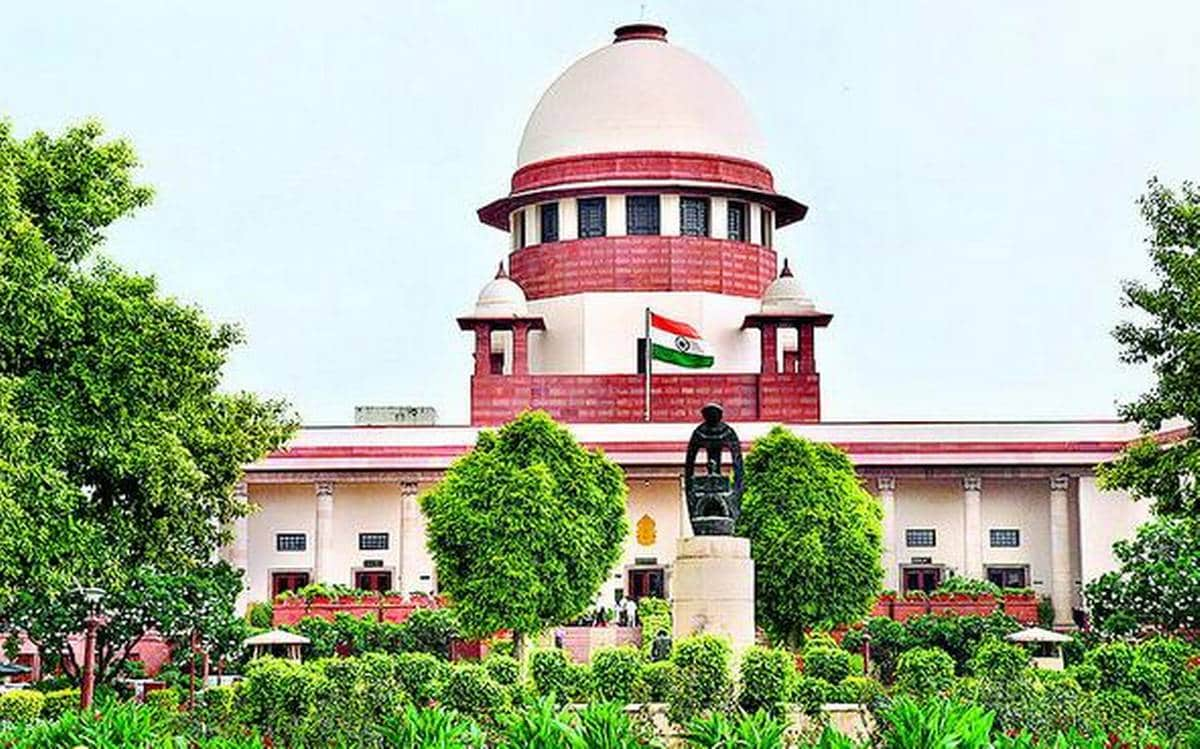New Delhi: The Supreme Court of India has decided to replace the term “sex worker” in its handbook on gender stereotypes. This decision comes after a coalition of anti-trafficking NGOs, collectively known as the Anti-Human Trafficking Forum, wrote to Chief Justice of India, Justice DY Chandrachud. The NGOs expressed concern that the term “sex worker” might inadvertently reinforce gender stereotypes and proposed alternative terminology.
The suggested replacement by the NGOs is “trafficked victim/survivor or woman engaged in commercial sexual activity or woman forced into commercial sexual exploitation.” This change aims to address the nuanced and often coercive circumstances surrounding individuals involved in commercial sexual activities.
Anurag Bhaskar, Deputy Registrar at the Supreme Court of India, conveyed in an email to one of the NGOs, ARZ, that the Chief Justice has accepted the modification. The updated terminology will soon be incorporated into the “Handbook on Combating Gender Stereotypes,” published by the Supreme Court in August 2023.
The NGOs argued that the term “sex worker” oversimplifies the complex realities of those involved in commercial sexual activities, many of whom are coerced or trafficked. They emphasized the need to acknowledge the various factors, such as force, kidnapping, and fraud, that lead women into situations of commercial sexual exploitation.
Underlining the legal context, the NGOs pointed out that the Immoral Trafficking Prevention Act (ITPA), 1956, permits women to engage in commercial sexual activities willingly. However, the law prosecutes those who force or lure individuals into such activities, ensuring accountability for exploitation. Section 2 (f) of the ITPA defines “prostitution” as the sexual exploitation or abuse of persons for commercial purposes.




Comments are closed.